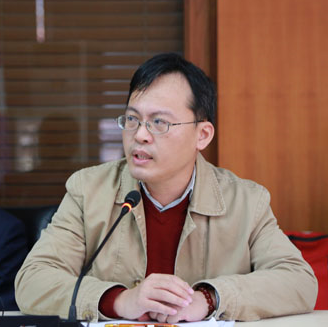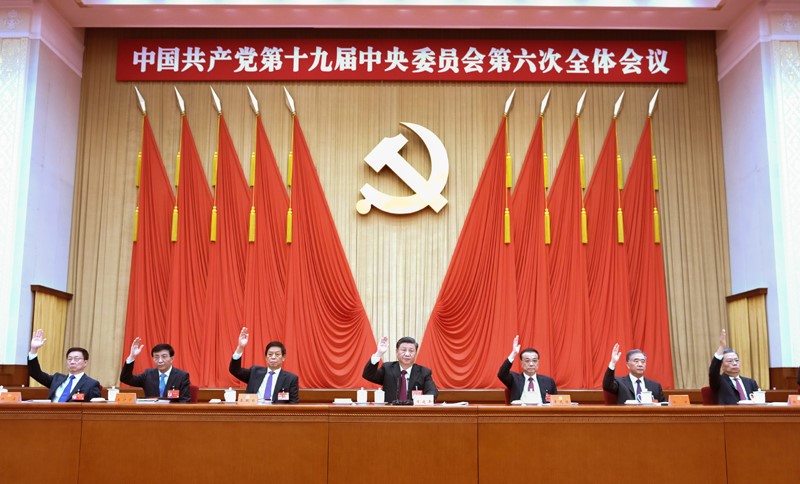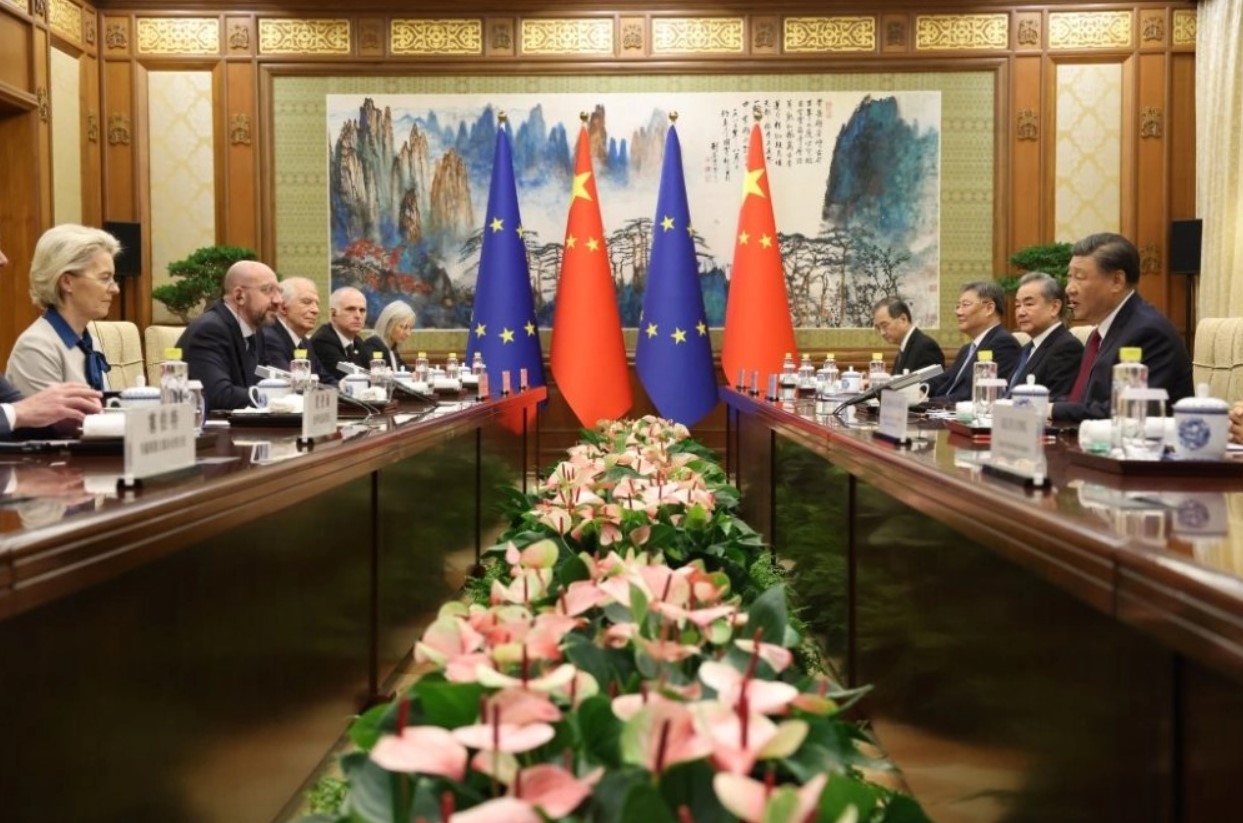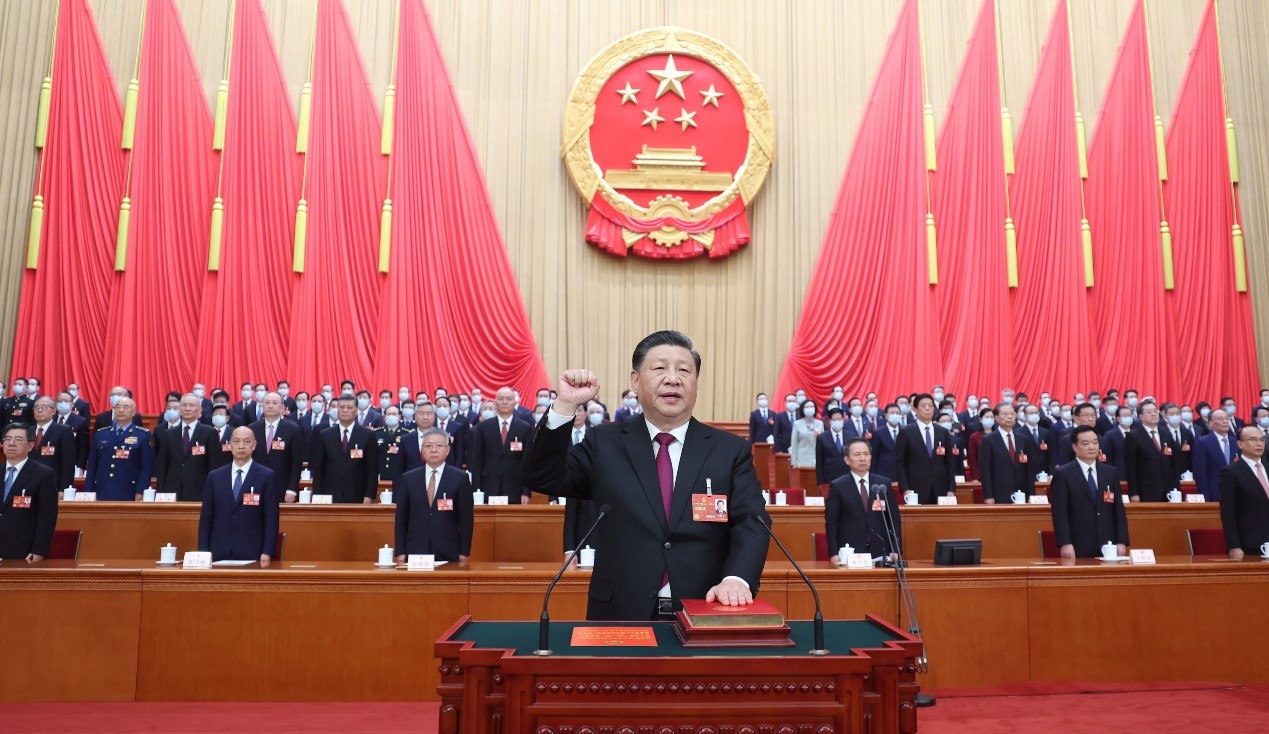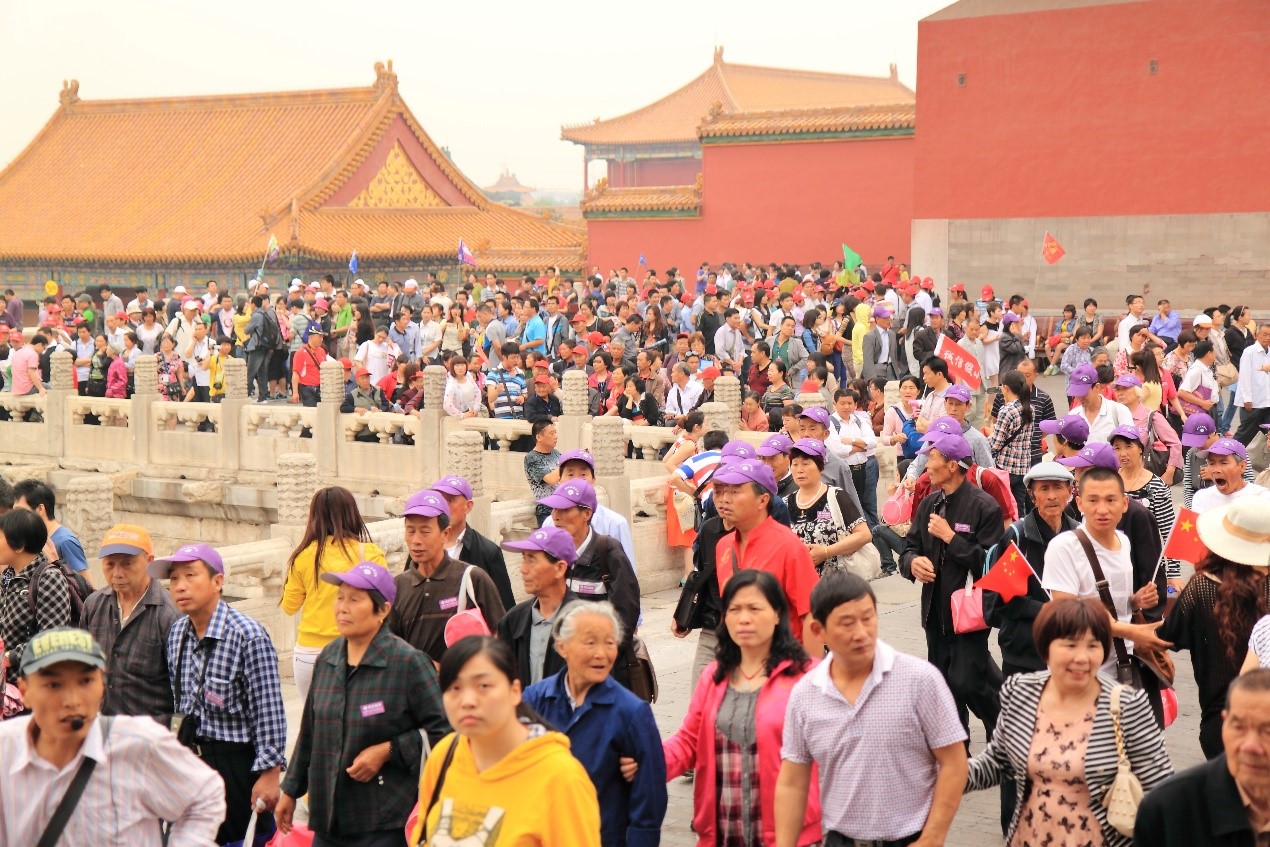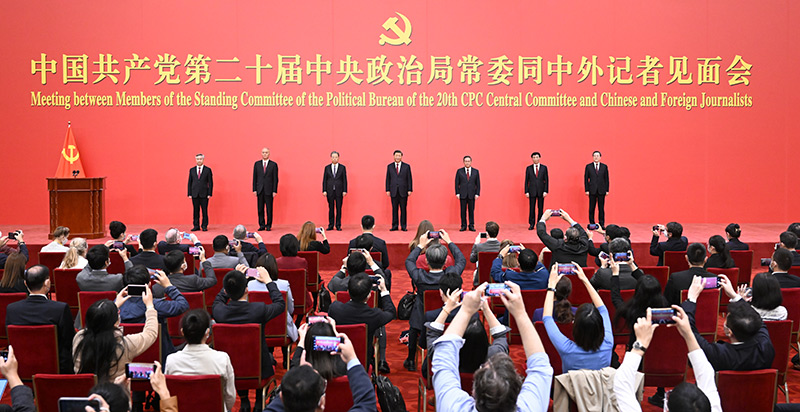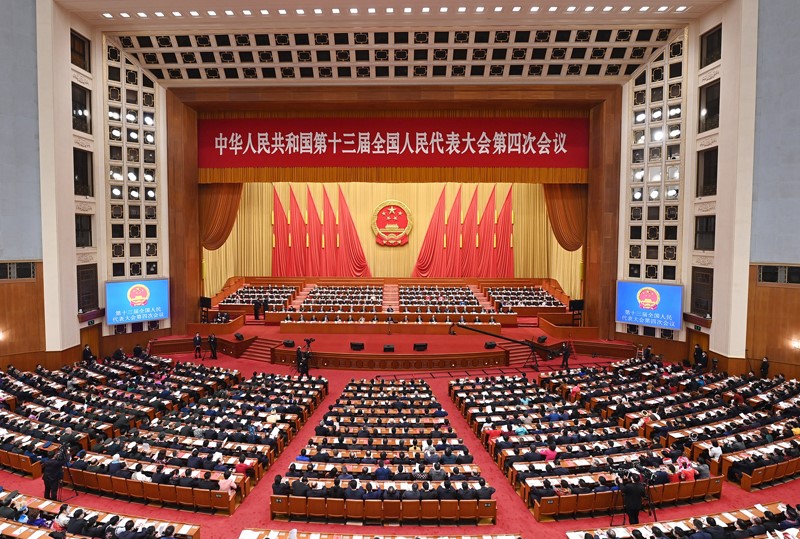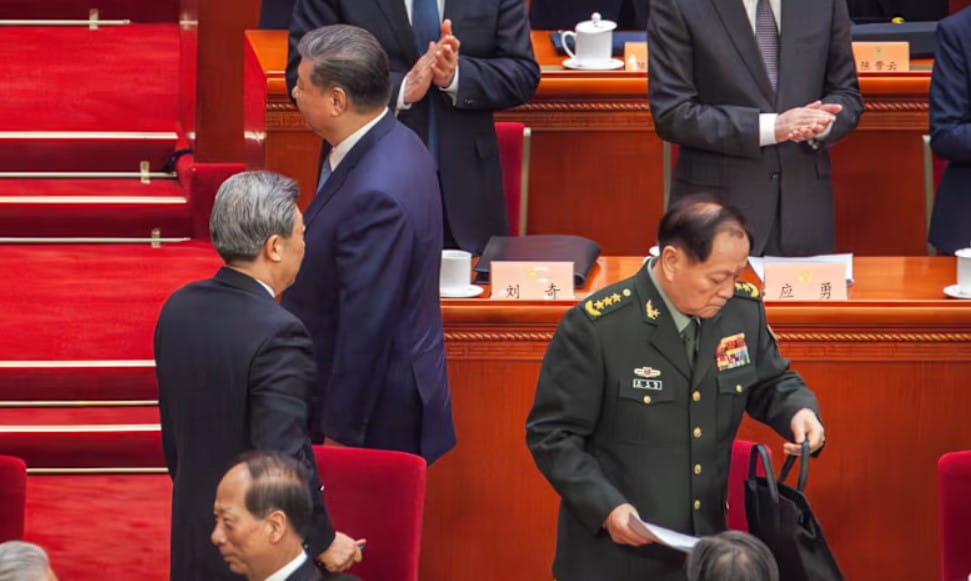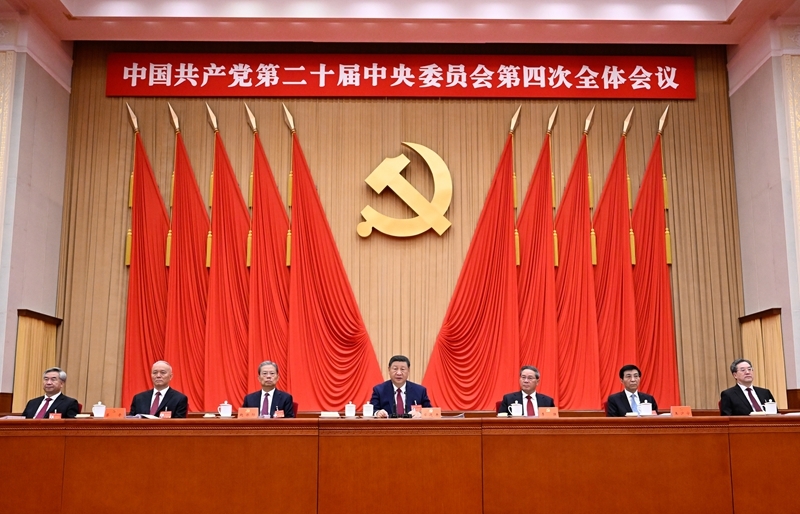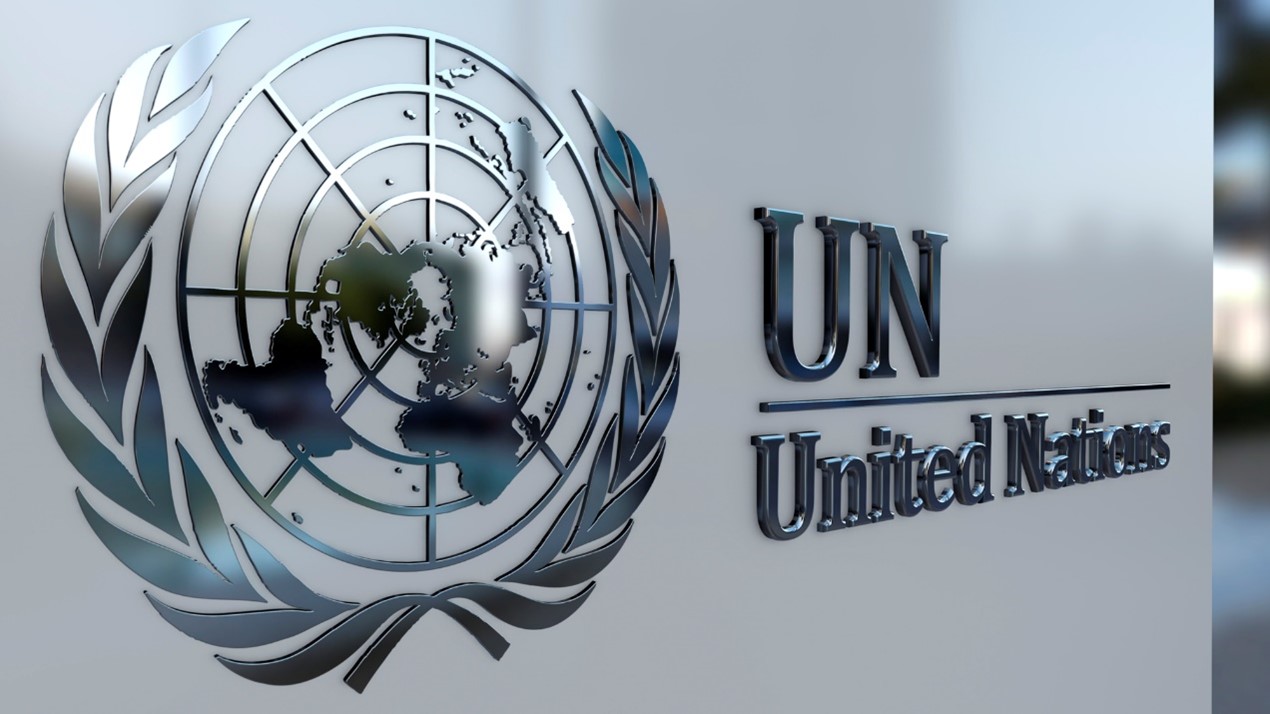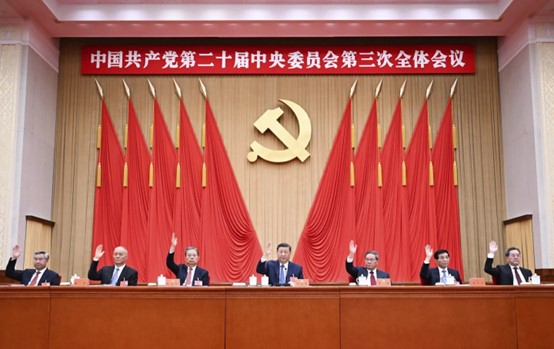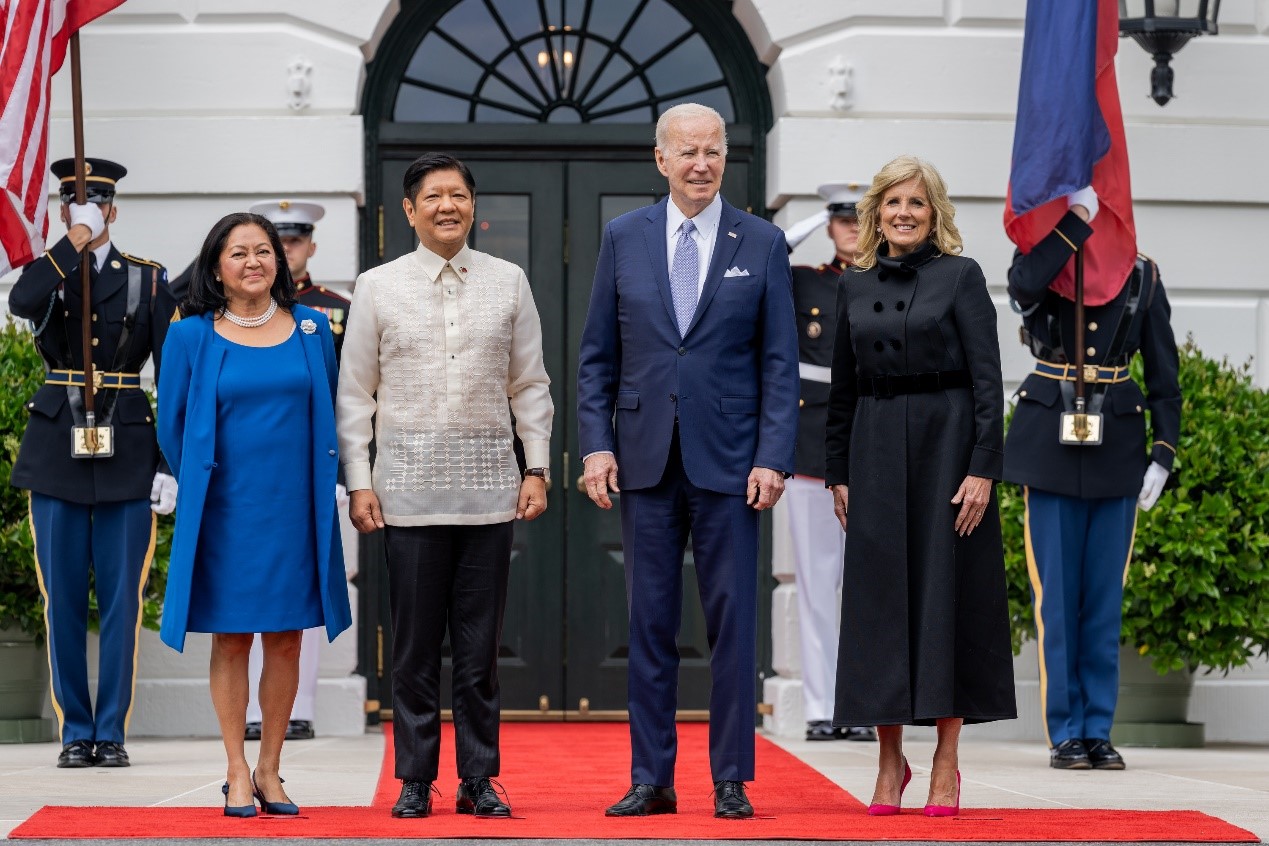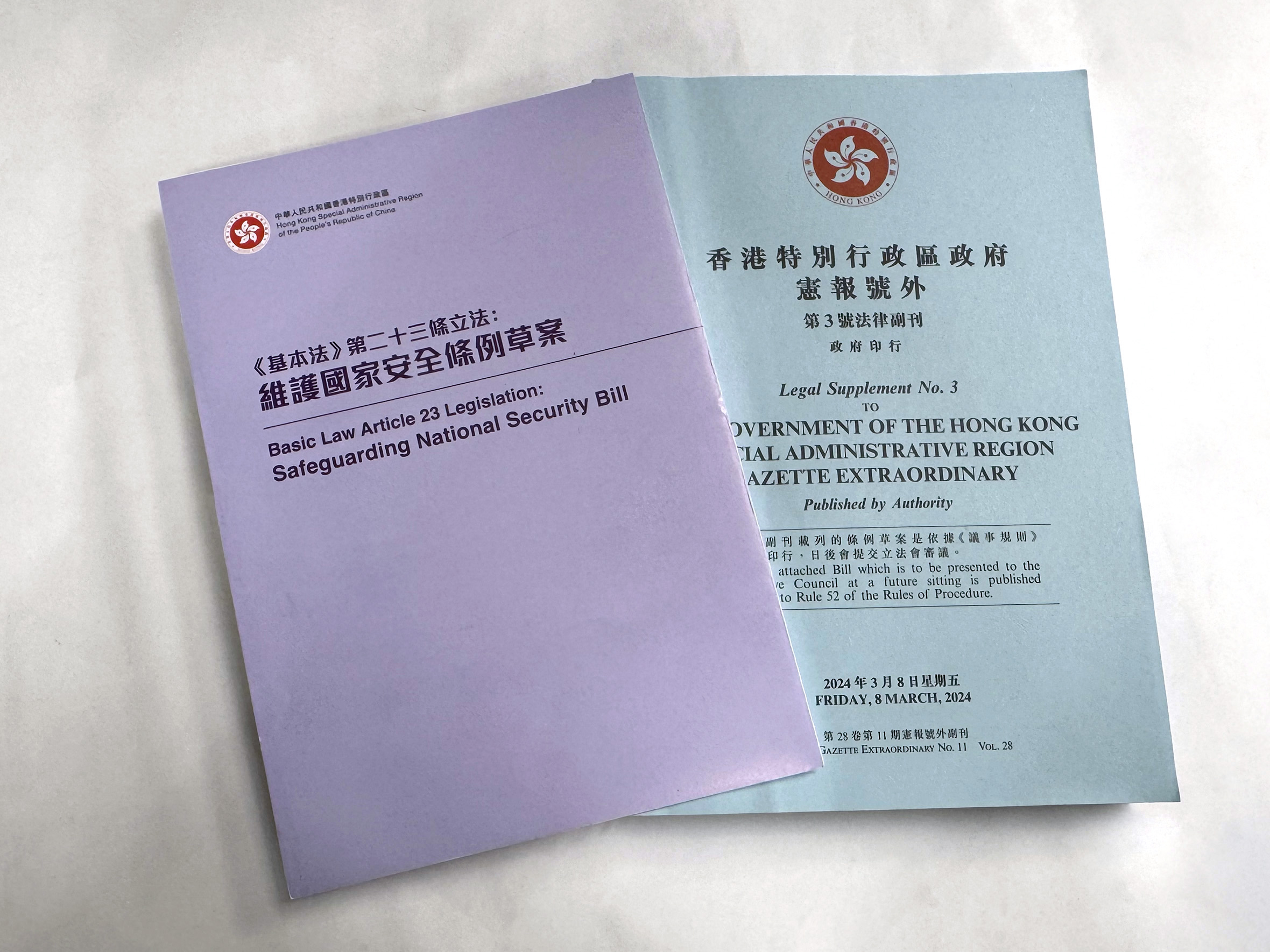The Sixth Plenary Session and Political Developments in Xi Jinping’s China
In fact, Xi lacks Mao’s achievements in founding the People’s Republic of China and Deng’s contributions to launching the reform and opening up. Nevertheless, Xi is keen to control ideology and thought despite the lack of authentic and practical political performance. For this reason, the third resolution may be a less encouraging step toward long-term development in China. Picture source: 燕雁, November 11, 2021,《中國政府網》, http://www.gov.cn/xinwen/2021-11/11/content_5650329.htm
Prospects & Perspectives 2021 No. 59
The Sixth Plenary Session and Political Developments in Xi Jinping’s China
By Wen-hsuan Tsai
November 25, 2021
Session and Resolutions
The Sixth Plenary Session of the 19th Central Committee of the Chinese Communist Party (CCP) will be held on November 8, 2021. The session aims to discuss an important document entitled “CCP Central Committee’s Resolution on the Party’s Major Achievements and Historical Experience in a Century of Struggle” (中共中央關於黨的百年奮鬥重大成就和歷史經驗的決議). This resolution will be the third historical one for the CCP. The first two referred to resolutions on certain historical issues (關於若干歷史問題的決議) of the party since the founding of the country (關於建國以來黨的若干歷史問題的決議), which was led by Mao Zedong and Deng Xiaoping in 1945 and 1981, respectively. Through the formulation of the resolutions, Mao and Deng achieved the highest status in the party.
However, the contents of their resolutions mainly highlighted struggles and solutions related to the International (國際派) and Cultural Revolution (文革派) factions. Chinese politics today are devoid of such a huge line of divergence, which was common to the Mao and Deng eras. Xi Jinping and other leaders are basically advancing their work under the flag of the reform and opening up. Despite disputes, they denote only a difference in means. In other words, the need to formulate the third resolution was not substantial. As such, Xi’s main objective may be to use the resolution to strengthen his authority within the party so that he can achieve the same status as Mao and Deng.
Evidently, the main objective of this resolution is to strengthen Xi’s authority and legitimacy, which will enable him to continue serving as the general secretary at the 20th National Party Congress in 2022. The main person responsible for drafting this document is Wang Huning (王滬寧), who is a member of the Politburo Standing Committee. As an aide-type scholar, Wang served as a member of the Standing Committee of the 19th National Party Congress, where he exceeded the expectations of many observers at the time. In the history of the CCP, several examples of scholar-style officials entering the Politburo can be cited, such as Hu Qiaomu (胡喬木) during the Deng period. However, he only served as a member of the Politburo. Moreover, Wang Huning’s appointment as a member of the Politburo Standing Committee in 2017 may indicate that he should take on the task of drafting a more comprehensive political document in future.
Xi is Almost Certain to Stay in Power
The resolution made by the Sixth Plenary Session basically confirms that Xi will remain in office in 2022, which also indicates that the mode of power succession within the party that has existed since the Jiang Zemin era will be completely destroyed. In addition, Xi is more likely to continue to serve as the general secretary at the 21st National Party Congress in 2027. In other words, Xi is likely to continue ruling China in the next 10 years. During that decade, Chinese politics will present a highly centralized pattern, whereas the state will exercise absolute control over civil society. Xi has broken the mechanism for political succession — that is, the dilemma of succession that occurred during the Mao and Deng periods. Thus, the top leader mostly appoints the successor due to the lack of a clear political succession mechanism within the CCP system. However, if the successor’s ability and reputation become stronger, the leader then tends to feel discomfort and intends to eliminate the successor. This scenario comprises the so-called dilemma of succession. Many successors during the Mao and Deng eras, such as Liu Shaoqi, Lin Biao, Hu Yaobang, and Zhao Ziyang, were purged, which is likely to re-occur in Xi’s China.
In addition, the communiqué of the Sixth Plenary Session strongly praised Xi’s political achievements and strengthened its personal worship of Xi. These achievements include poverty alleviation, common prosperity, as well as overall economic and social development. Nevertheless, many performances remain questionable, such as poverty alleviation, where many observers pointed out that cases of data fraud committed by local governments are extremely serious. The credibility of such short-term performances through mass movements remains debatable. In addition, the communiqué indicated that the CCP intends to further resolve the matter of Taiwan in the next few years and mentioned that establishing dominance and initiative in cross-Strait relations is crucial. With Xi’s desperate desire to build a historical legacy and fulfill the so-called Chinese national rejuvenation, China may move toward a tougher attitude on cross-Strait or foreign issues.
The CCP released the full text of the resolution on November 16, 2021. Although there is nothing special about its content, it is nevertheless stated that the Cultural Revolution was a “disaster” (災難) rather than a decade of exploration that was expected by the outside. In addition, the resolution has a very clear description of Mao Zedong’s mistakes after the founding of the country. This means that although Xi Jinping emphasized that Mao Zedong’s contributions cannot be denied, he understands that China can no longer follow the path of the Cultural Revolution but must continue along the line of opening up and reform. In addition, the resolution once again affirmed the need for the CCP to violently suppress the June 4th Incident, which also means that under Xi’s rule in future, social control may be stricter. Finally, the resolution raised many criticisms of the Democratic Progressive Party (DPP) government’s handling of cross-Strait relations after 2016. The CCP’s Taiwan policy may therefore become tougher.
An Uncertain Future
The third resolution indicates Xi’s intention to strengthen his power by manipulating the historic symbols of the party. In fact, Xi lacks Mao’s achievements in founding the People’s Republic of China and Deng’s contributions to launching the reform and opening up. Nevertheless, Xi is keen to control ideology and thought despite the lack of authentic and practical political performance. For this reason, the third resolution may be a less encouraging step toward long-term development in China.
(Dr. Tsai is Research Fellow, Institute of Political Science, Academia Sinica.)

